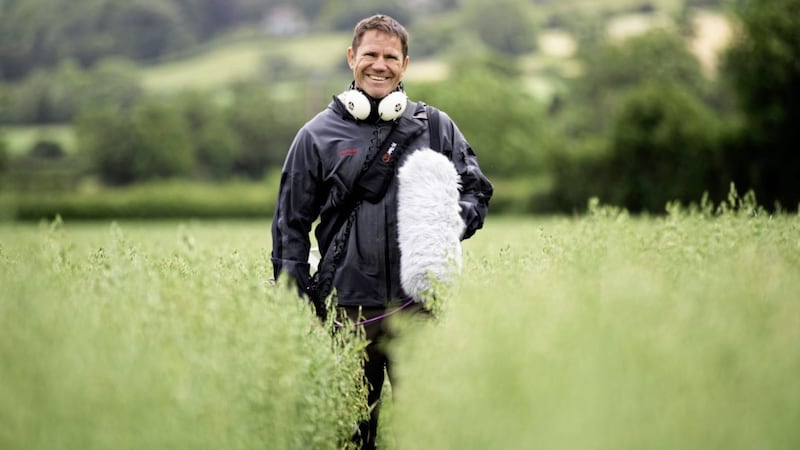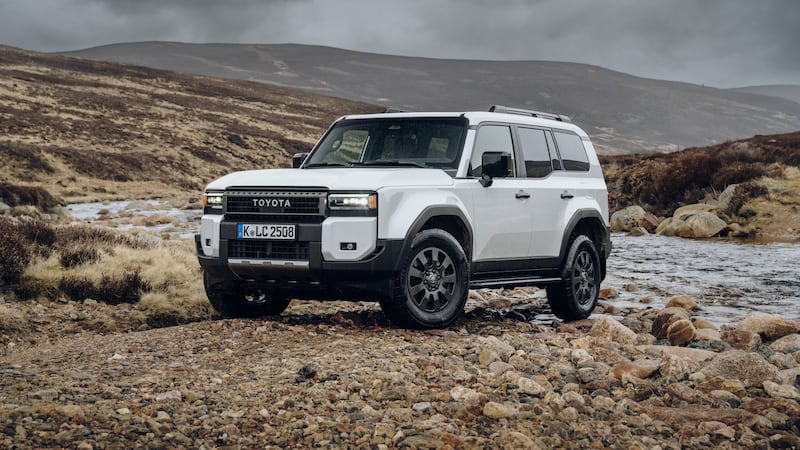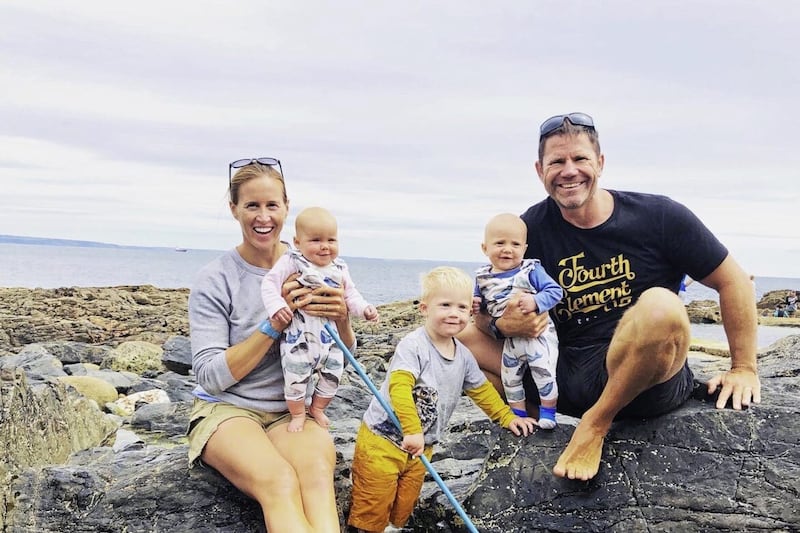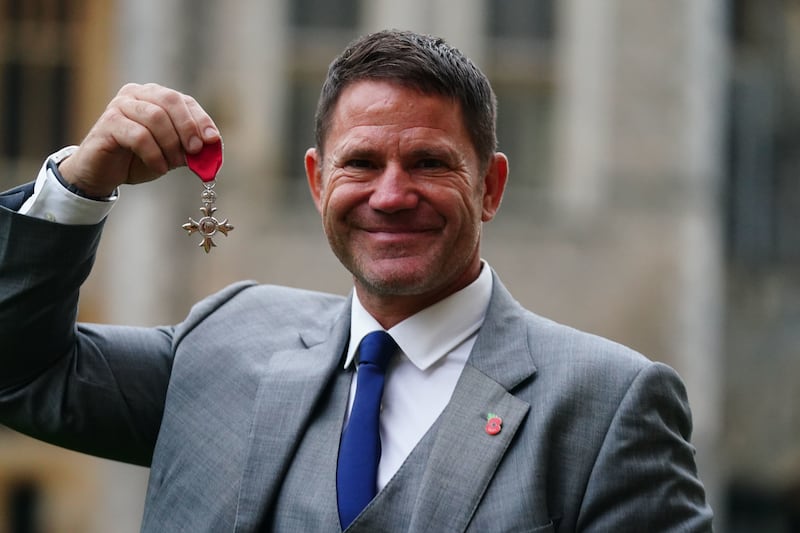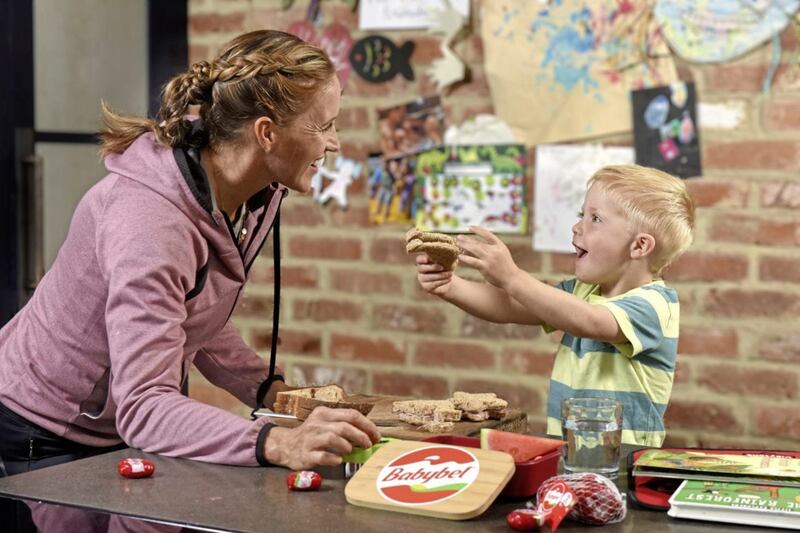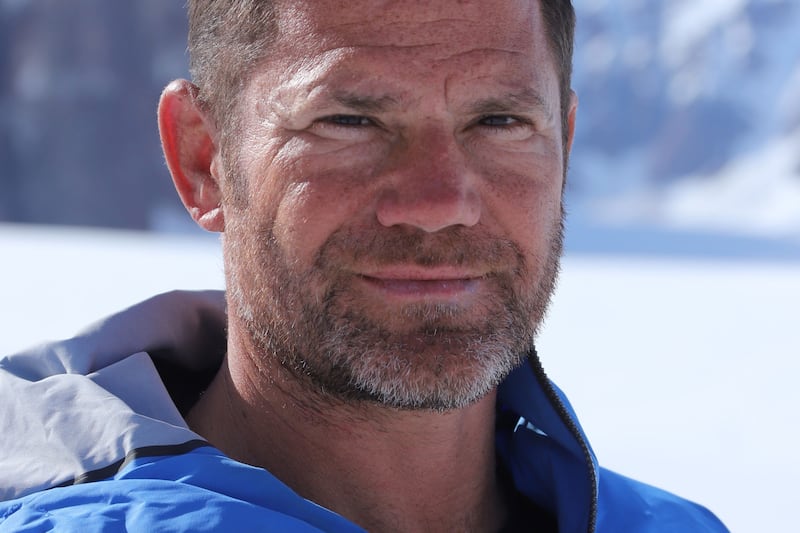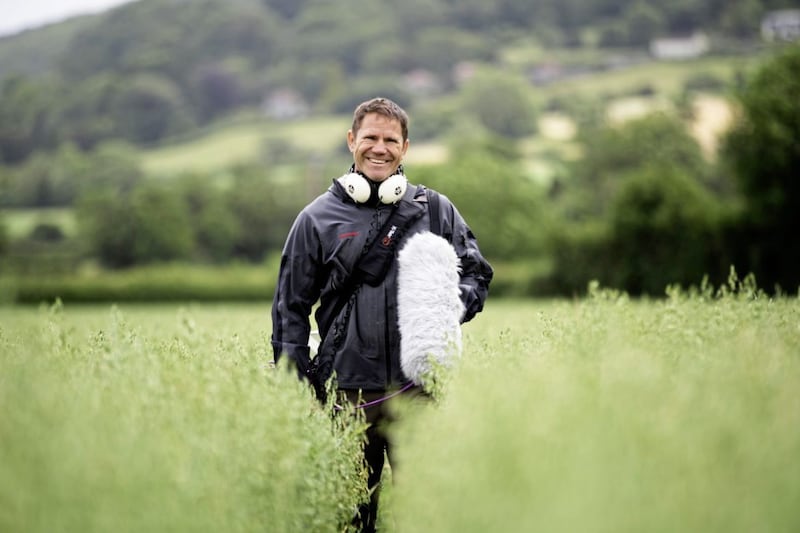STEVE Backshall valiantly tries to make himself heard above the din of crying, screaming and laughter in the background, as he describes his adventures exploring some of the world’s most remote destinations.
The adventurer and presenter – best known for the globally popular BBC series, Deadly 60 – is currently at home navigating the tricky waters of parenting, with two-year-old son Logan, and five-month-old twins Kit and Willow.
“I must admit, the lack of sleep is grinding away at me and I feel like I’ve aged 10 years in the last couple of months, but I know this is special time I’ll never get again and I’ll always remember,” he says, beaming with pride as he talks about family life with his wife, Olympic rowing champion Helen Glover.
The award-winning wildlife presenter should have been far from the land of nappy-changing right now though and instead away filming more “top secret world first” expeditions, but the pandemic put paid to that.
More accustomed to the perils of swimming with snakes and crocodiles, climbing mountains and plunging down waterfalls for a host of shows, including Undiscovered Worlds With Steve Backshall, he’s happily regarding this year’s enforced domesticity as a blessing.
“I went away on an expedition only two weeks after Logan was born,” recalls Backshall (47). “So even though it’s pretty hideous getting up to one of the twins at 2am, it’s wonderful being able to wake up with them every morning and put them to bed at night, because I pretty much missed all that time with Logan.
“Helping Logan enjoy nature and seeing him find it as exciting and entrancing as I did as a kid is kind of beautiful and life-affirming,” he adds. “Being able to be there for all three of them is something I’ll always absolutely treasure. If I could bottle this time, I would.”
Peace and quiet may be in short supply at home these days but Backshall has been busy outdoors collecting rather more gentle sounds – the different hums, echoes and buzzes that can be heard in the country surroundings of Yeo Valley, the family-owned organic farm and dairy company.
The aim of the 15-minute soundscape, called ‘The Sound of Yeo Valley’, is to raise awareness of biodiversity and the importance of a thriving environment. It’s accompanied by tips on how to create a bug hotel, bird box, wild garden and a pond from a washing-up bowl.
“There’s so much going on in our lives – we’re constantly bombarded with images and social media – that focusing on nothing more than the swifts soaring overhead, the buzzing of honeybees heading out to sup from the flowers, the call of nightingales, blackbirds and thrushes was really special,” Backshall enthuses.
“It was a revelation to me and I hope it will help open people’s ears to what’s around them, and encourage people to explore the nature on their doorstep. I’m planning to shut my eyes for 10 minutes every day, just to immerse myself in those sounds – it’s got to be the purest form of meditation.”
And Backshall could understandably use a an extra dose of calm right now, as he believes the pandemic threatens the future of his career.
“While I’m so grateful for time to enjoy parenting, there’s also been panic about how on Earth I’m going to pay the mortgage,” admits the explorer, who, with a TV crew, recently spent a year taking part in 10 expeditions to unexplored places throughout the world. “There’s a worry about whether a job like mine will just completely disappear in the future and my sort of programmes will never come back.
“My work has been long trips to parts of the world where there’s little infrastructure and probably isn’t even a hospital,” he explains. “So there’s a worry on two fronts – not only ensuring the health and safety of myself and the crew, but the fear of potentially introducing Covid-19 into remote areas and putting vulnerable people’s lives in peril. Both are now going to be a serious concern for anyone considering foreign filming.”
Resolutely positive – he describes himself as being “as enthusiastic as a spaniel puppy” – he adds philosophically: “I’m very lucky I’ve had 20 years in this job, but I’ve always known it could disappear tomorrow. The media’s very fickle and you can be flavour of the month one minute, and gone the next. If my current job goes, I’ll find another.”
He’s been running a series of live wildlife Q&As on his YouTube channel during lockdown, all part of what he regards as his mission to help people “find their way into nature. I know the positivity it can give them,” he adds. “One bonus of this time is how many more people have realised how much they value the outdoors and the spaces around them.”
Eventually, he hopes to go exploring with the whole family and any professional solo trips abroad will be halved from six weeks to three.
“That doesn’t mean I’ll stop pushing myself to feel my limits – living life on the edge and experiencing adventure is what life’s about. I think by breaking yourself and falling down, you discover how to rebuild and progress, but I’m taking into account my responsibilities as a father and husband.”
While his body’s taken a battering over the years – he had surgery on his shoulder following the kayaking accident and has clocked two broken vertebrae and multiple operations on a shattered ankle – his wellbeing is continually nourished by his relationship with nature.
“I keep fit by kayaking, cycling and swimming but mentally I keep myself healthy by connecting with nature and being outdoors,” he says.
“I think it’s a panacea for so many ills that we haven’t used enough in this country. We should be shouting this from the treetops,” he declares. “Of course, I’m not saying it’s a complete cure for everyone but I’ve known plenty of people who’ve brought themselves back from the brink by getting into bird watching, entomology [studying insects] or taking up kayaking.
“My connection to nature is the closest thing I have to a god in my life and the closest thing I have to a religion. It is the church where I find a release from all my troubles,” says Backshaw.
:: Search Spotify for ‘The Sound of Yeo Valley’.
